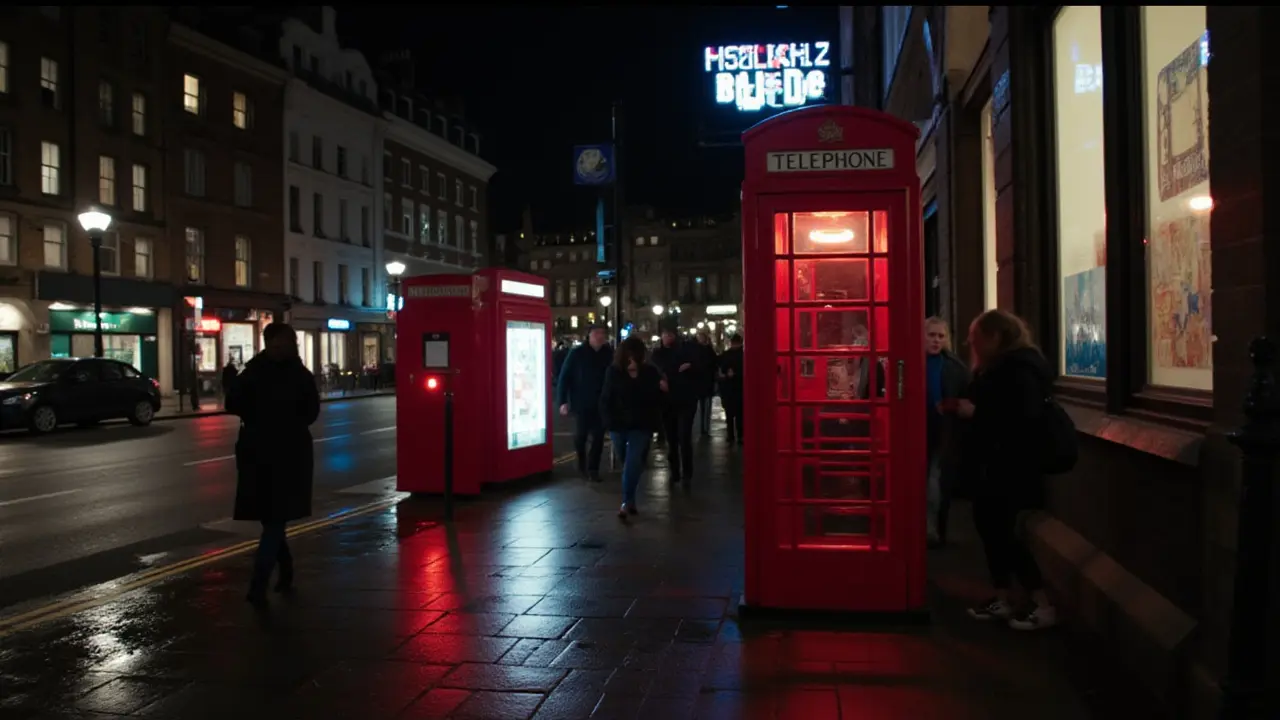Legal Sex Work in the UK – Your Quick Guide
If you’re wondering whether sex work is legal in the UK, the short answer is: selling sexual services is not a crime, but many surrounding activities are. That means you can work as an escort or independent provider, but you must stay clear of illegal actions like brothel‑keeping or street solicitation in most areas.
Understanding the difference between what’s allowed and what’s not can save you from fines, police raids, or worse. Below we break down the core rules, point out common pitfalls, and give you practical steps to stay on the right side of the law.
What the UK Laws Actually Say
Since the 2003 Sexual Offences Act, the main offense is running a brothel. A brothel is defined as any place where more than one person offers sexual services, even if it’s a private flat. So, working alone in your own apartment is generally fine, but sharing a space with another worker can be risky.
Soliciting in public is also illegal in most cities. Police can issue a warning or a fixed‑penalty notice if you’re seen offering services on the street. Online advertising is mostly legal, but the content must not be misleading or promote illegal activity. Platforms that simply list profiles, like the ones featured on Euroescortsex.com, usually stay within the law.
One more thing: you can’t force anyone to pay for a service they didn’t receive, and you can’t demand protection money from clients. Contracts that try to bypass the ‘no‑force’ rule are seen as exploitative and can lead to prosecution.
How to Keep Your Work Safe and Legal
First, keep a clear record of each client interaction. A simple spreadsheet with dates, payment amounts, and service details helps prove you’re operating independently. If anything ever goes to court, that paper trail is gold.
Second, use a dedicated work phone and email address. Mixing personal and professional contacts can expose you to privacy breaches and make it harder to claim consent if a dispute arises.
Third, stay informed about local council rules. Some boroughs have specific bylaws about “loitering” or “public nuisance” that affect how you can meet clients. A quick check on the council website can prevent a surprise fine.
Fourth, consider joining a sex‑worker rights group. Organisations like the Sex Workers’ Rights Alliance offer legal advice, safety workshops, and a community that looks out for each other. Their resources often include template contracts and tips on dealing with law enforcement.
Finally, protect your health. Regular STI screenings, condoms, and clear communication about boundaries aren’t just good practice—they also show you’re a responsible professional, which can be a strong point if you ever need to defend your work.
Bottom line: sex work itself isn’t illegal in the UK, but the surrounding actions can be. By working alone, keeping clear records, and staying up‑to‑date on local rules, you can run a safe, lawful business. Want more detail? Check out our post “Legal Protection for Sex Workers: What the Law Really Says in 2025” for an in‑depth look at current legislation and upcoming changes.
Keep these tips in mind, stay vigilant, and you’ll be able to enjoy your work without worrying about legal trouble.






